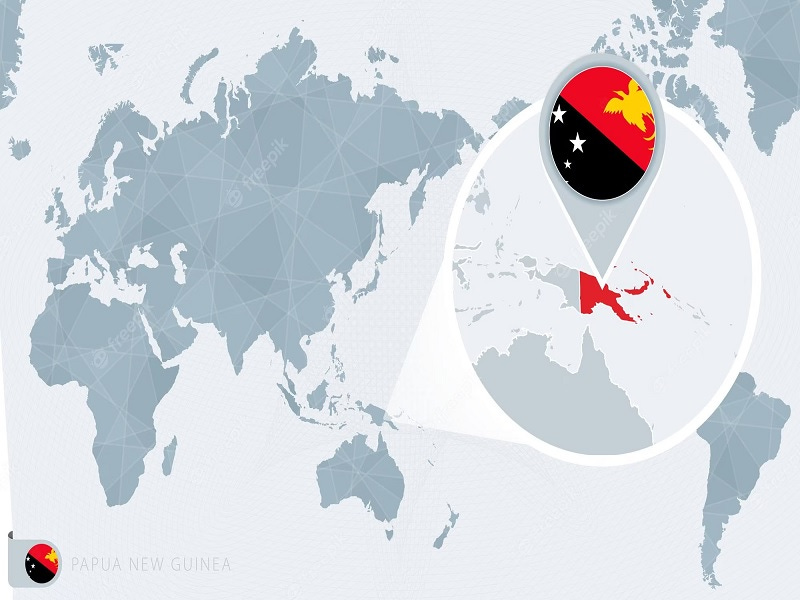Biden Will Build Upon The Military Ties That Trump Pioneered With Papua New Guinea
America’s Democrat-Republican duopoly is as united as Australia’s Labor-Liberal one is when it comes to these AUKUS allies’ shared goal of containing China regardless of leadership shifts.
US political commentators tend to overlook foreign policy continuity whenever the White House flips between parties since it’s in their narrative interests to claim that Democrats and Republicans allegedly have polar opposite views on this issue. The latest example debunking this notion and proving that America’s grand strategic goals largely remain the same between administrations will occur when Biden visits Papua New Guinea (PNG) on 22 May in between his attendance at the G7 and Quad summits.
That country’s now-former Foreign Minister confirmed late last week that they’ll sign their newly finalized Defense Cooperation Agreement that’ll result in the US Coast Guard patrolling the entirety of this South Pacific state’s exclusive economic zone. This builds upon the breakthrough that Trump pioneered in late 2018 when the US announced that it will jointly develop PNG’s Lombrum Naval Base on Manus Island with Australia, the strategic significance of which was analyzed by the US Naval Institute.
In short, it amounts to those two establishing a strong military presence along some of the South Pacific’s most vital Sea Lines Of Communication (SLOC). Over the four and a half years since this announcement, two other major security-related developments occurred in the region. The first concerns the creation of the anti-Chinese AUKUS alliance in late 2021 and the second involves China’s soft security deal with the nearby PNG-adjacent Solomon Islands around half a year later in spring 2022.
As the US rounds up regional allies ahead of its New Cold War with China possibly going hot, the latest move to have its Coast Guard patrol the entirety of PNG’s exclusive economic zone can be interpreted as that country’s de facto inclusion in AUKUS+. This isn’t just about displacing BRI’s emerging regional role in those two’s competition for resources across the Global South and in PNG in particular, but also about preemptively neutralizing the chances of China setting up a base in the Solomon Islands.
That’s not to say that there are any credible reasons to suspect the People’s Republic of harboring any such intentions, but just to point out that America and Australia have “securitized” their perceptions of BRI, which explains their joint focus on countering China’s economic influence through military means. It’s also important to remind US political commentators that Biden is simply building upon Trump’s related moves, which debunks the partisan notion that those two’s foreign policies are polar opposites.
In reality, the US has consistently sought to contain China in the Asia-Pacific ever since Hillary Clinton declared its so-called “Pivot to Asia” during the Obama Administration, which the Trump one enthusiastically continued and expanded in the economic direction by initiating its trade war. Biden is therefore only following in the footsteps of his Republican and Democratic predecessors, which is also what his Australian one is doing too in the context of his country’s own foreign policy.
Anthony Albanese continued Scott Morrison’s policy of expanding security ties with PNG through the newly agreed pact between their countries, which builds upon his predecessor’s Manus Island one in the same way as Biden’s latest agreement builds upon Trump’s in this respect. What this goes to show is that the America’s Democrat-Republican duopoly is as united as Australia’s Labor-Liberal one is when it comes to these AUKUS allies’ shared goal of containing China regardless of leadership shifts.


